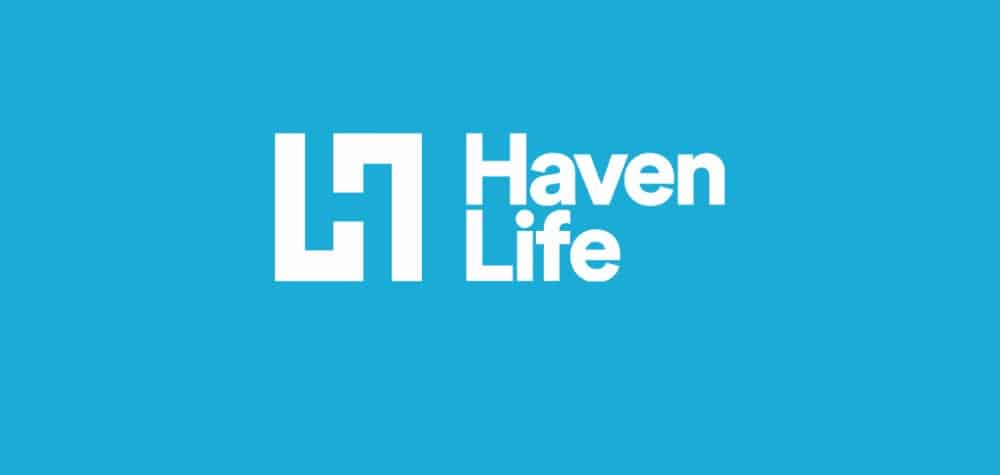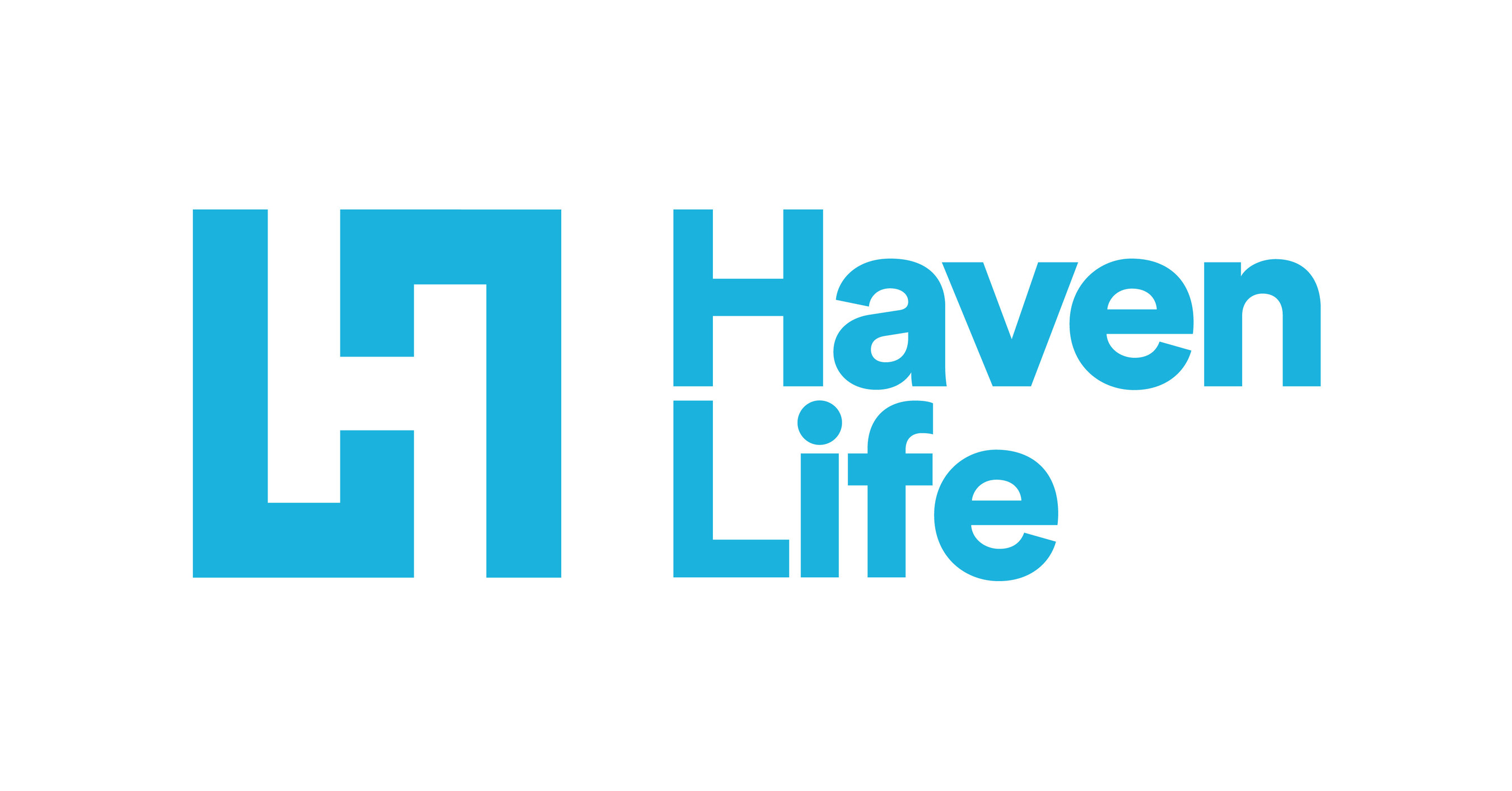Life insurance haven provides a secure financial blanket for individuals and families. Let’s delve into the world of life insurance havens and discover their importance, types of policies, setting up process, and legal aspects.
Importance of Life Insurance Haven

A life insurance haven refers to a safe and secure financial strategy that individuals and families can utilize to protect their loved ones in the event of unforeseen circumstances such as death or disability.
Key Benefits of Life Insurance Haven
- Financial Security: A life insurance haven provides a financial safety net for beneficiaries, ensuring that they are taken care of financially in case of the policyholder’s death.
- Estate Planning: Life insurance havens can help with estate planning by providing funds to cover estate taxes, debts, and other expenses, ensuring a smooth transfer of assets to heirs.
- Income Replacement: Life insurance can replace lost income for the family, ensuring that they can maintain their standard of living even after the breadwinner’s passing.
- Debt Repayment: Life insurance can be used to pay off outstanding debts such as mortgages, loans, or credit card balances, preventing the burden from falling on surviving family members.
Financial Security with Life Insurance Haven
Life insurance havens serve as a crucial financial tool to protect the financial well-being of individuals and families. They offer peace of mind knowing that loved ones will be financially secure in difficult times.
Types of Life Insurance Policies Suitable for a Haven

Life insurance havens require careful consideration of the type of insurance policies that will best suit the needs of the individual or family. Two common options are term life insurance and whole life insurance, each offering unique benefits and features. Let’s explore these options further and delve into the details of universal life insurance as well.
Term Life Insurance vs. Whole Life Insurance
- Term Life Insurance:
- Provides coverage for a specific period, such as 10, 20, or 30 years.
- Generally more affordable compared to whole life insurance.
- Offers a death benefit to beneficiaries if the policyholder passes away during the term.
- Does not accumulate cash value.
- Whole Life Insurance:
- Provides coverage for the entire life of the policyholder.
- Offers a cash value component that grows over time and can be accessed through loans or withdrawals.
- Premiums are typically higher than term life insurance but remain level throughout the policy.
- Guarantees a death benefit to beneficiaries.
Commonly Used Insurance Policies for Life Insurance Havens
- Survivorship Life Insurance:
- Insures two individuals and pays out the death benefit upon the passing of the second insured.
- Often used in estate planning to cover estate taxes or provide an inheritance.
- Second-to-Die Life Insurance:
- Similar to survivorship life insurance, this policy pays out upon the death of the second insured party.
- Commonly used to provide funds for estate taxes or charitable donations.
Universal Life Insurance in a Life Insurance Haven
Universal life insurance offers flexibility and a cash value component that can be beneficial in creating a life insurance haven. Here are some key features:
- Flexible premiums and death benefits that can be adjusted based on changing needs.
- Accumulates cash value over time that can be accessed tax-free through loans or withdrawals.
- Provides a death benefit to beneficiaries and can help cover estate planning needs.
Setting Up a Life Insurance Haven
Setting up a life insurance haven involves several key steps to ensure the proper establishment and management of this financial vehicle.
Choosing the Right Insurance Provider
When establishing a life insurance haven, selecting the right insurance provider is crucial. It is essential to partner with a reputable and financially stable insurance company that can offer competitive rates and reliable service. Conducting thorough research and comparing quotes from different providers can help in making an informed decision.
Determining Coverage Amount
One of the critical considerations when setting up a life insurance haven is determining the coverage amount. This amount should be sufficient to meet the financial needs of your beneficiaries in the event of your passing. Factors such as outstanding debts, mortgage payments, children’s education expenses, and future living costs should be taken into account when deciding on the coverage amount. It is advisable to consult with a financial advisor to ensure that the chosen coverage amount aligns with your long-term financial goals and obligations.
Tax Implications and Legal Aspects of a Life Insurance Haven
Life insurance havens can provide significant tax benefits and serve as a tax-efficient investment. By setting up a life insurance policy within a haven, individuals can protect their assets from certain taxes and ensure that their beneficiaries receive the full benefits without being heavily taxed.
Tax-Efficient Investment in a Life Insurance Haven
- Life insurance policies within a haven can grow tax-deferred, allowing the policyholder to accumulate wealth without having to pay taxes on the investment gains.
- Upon the policyholder’s death, the proceeds from the life insurance policy are typically paid out to the beneficiaries tax-free, providing a tax-efficient way to pass on wealth.
- Some life insurance havens may offer additional tax benefits depending on the jurisdiction, such as exemptions from certain estate taxes or inheritance taxes.
Legal Regulations and Requirements
- Setting up a life insurance haven involves complying with the legal regulations and requirements of the jurisdiction where the policy is established.
- These regulations may include minimum capital requirements, licensing fees, reporting obligations, and other legal formalities to ensure the legitimacy and proper functioning of the life insurance haven.
- It is crucial to work with legal advisors or financial professionals well-versed in the legal aspects of life insurance havens to navigate the complex regulatory landscape and avoid any legal pitfalls.
Role of Beneficiaries and Estate Planning
- Beneficiaries play a crucial role in a life insurance haven as they are the designated recipients of the policy proceeds upon the policyholder’s death.
- Proper estate planning is essential to ensure that the life insurance proceeds are distributed according to the policyholder’s wishes and to minimize any potential legal disputes among beneficiaries.
- By designating beneficiaries and structuring the policy within a life insurance haven, individuals can protect their assets, provide financial security to their loved ones, and facilitate a smooth transfer of wealth without the burden of excessive taxes.
Closing Notes

In conclusion, life insurance havens serve as a crucial tool for ensuring financial stability and security. By understanding the nuances of different policies and setting up processes, you can create a robust financial plan for your loved ones.
Commonly Asked Questions
What is a life insurance haven?
A life insurance haven is a financial strategy that involves using life insurance policies to secure financial stability for individuals and families.
How can a life insurance haven provide financial security?
A life insurance haven can provide financial security by ensuring a payout to beneficiaries upon the policyholder’s death, thus safeguarding their financial future.
What are the key benefits of having a life insurance haven?
Some key benefits include providing a financial cushion for loved ones, tax-efficient investment opportunities, and estate planning benefits.

